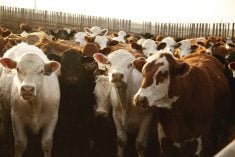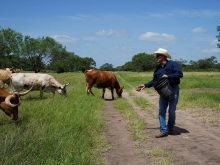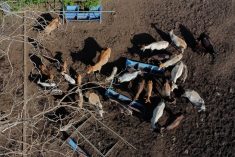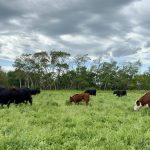UPDATED: January 22, 2025 – 0735 CST – Glacier FarmMedia – American company NestFresh will begin marketing eggs from in-ovo sexed chickens next year, a feat it’s touting as a leap forward for animal welfare.
In-ovo sexing refers to the use of technology to gender-type chicken embryos before they hatch, avoiding the standard practice of euthanizing day-old male chicks. Male-determined eggs are removed from setters in the second third of the incubation period, which is believed to be before embryos have developed the ability to feel pain.
NestFresh announced on Dec. 17 it had delivered a flock of in-ovo sexed chicks to a farm in Texas. It will begin marketing eggs in June.
Read Also
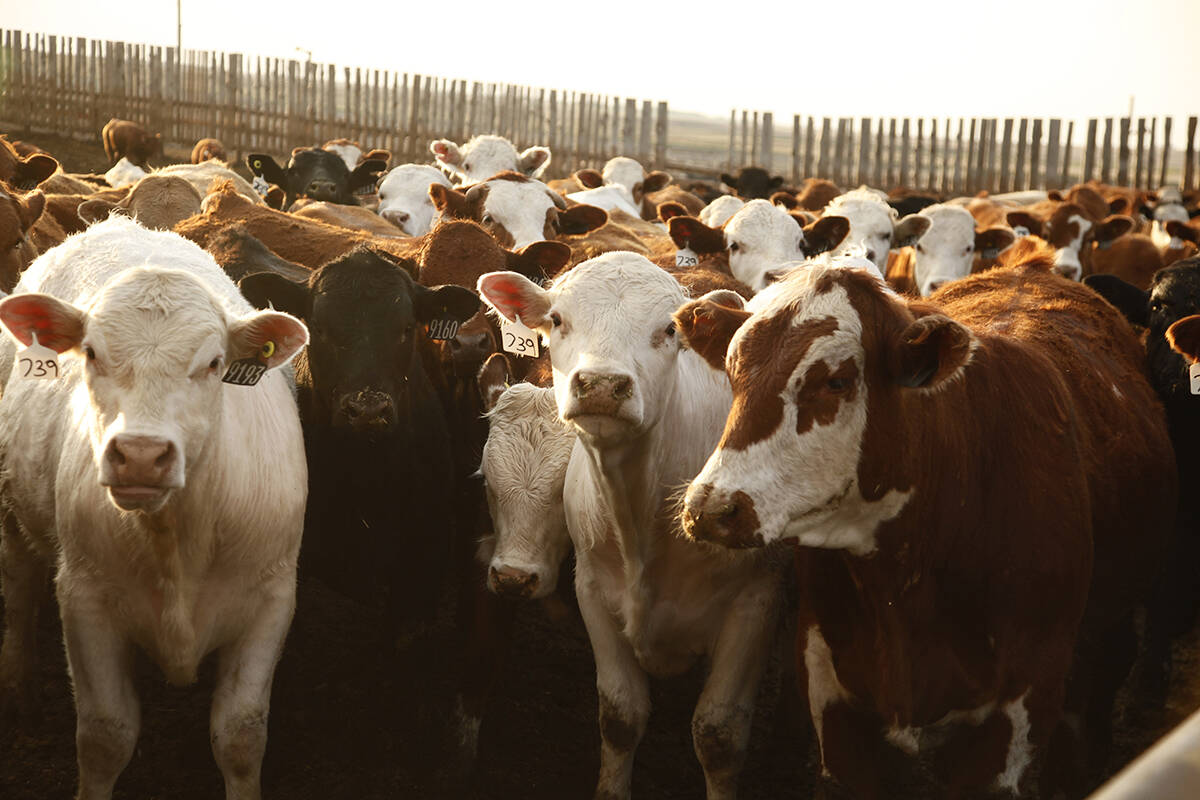
Canada’s simplified BSE testing program shows good uptake
Going by the number of submitted material samples so far, cattle producers’ response so far to an updated national surveillance program for BSE is encouraging for Canada’s CFIA.
“By being the first U.S. egg company to adopt in-ovo sexing technology, we are tackling one of the most difficult ethical issues in egg production and raising the standard for animal welfare — starting before our hens are even born,” said Jasen Urena, executive vice-president of NestFresh, in a news release.
The company uses a German-designed system called CHEGGY, which analyzes light spectra to determine sex based on feather colour, the company said.
CHEGGY, offered through Agri Advanced Technologies, is one of several technologies developed in recent years for in-ovo sexing. Some European countries, including France and Germany, have banned the killing of day-old male chicks, which has forced producers to raise the roosters for slaughter.
In Canada, Egg Farmers of Ontario and Egg Farmers of Canada have partnered with Quebec-based imaging company MatrixSpec Solutions to develop similar technology.
That technology, called HyperEye, uses a non-invasive method to check fertility and sex before incubation, the two egg sector organizations said in an emailed statement. HyperEye is stand-alone technology and can be built into hatchery processes.
MatrixSpec Solutions is scaling up testing capacity and validating HyperEye, which has been in development for about 10 years.
“We hope to be able to provide a more wholesome update on the project in the near future; however, we can’t give an estimated timeline on this,” the farm groups said.




